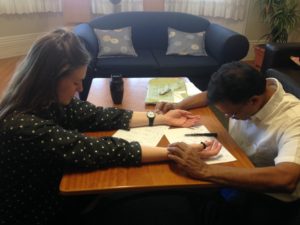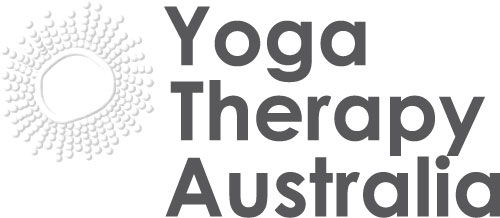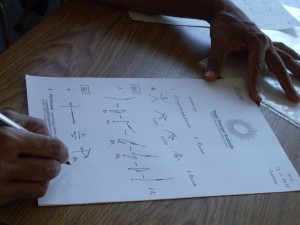It is a common misconception that yoga is only for the fit and able. The reality is that almost the whole spectrum of human conditions are able to be accommodated by an appropriate and intelligent practice. Even a person with severe physical restrictions can do, and will benefit from yoga, physically, physiologically, and emotionally.

The tradition of yoga encompasses a lot more than postures with physical health benefits and offers a number of tools that can be employed towards the objective of total health and well-being on all levels.
The tools of yoga that are used include postures or movements (asana), regulation of the breath to balance the physiology (pranayama), meditative practices for psychological and emotional wellbeing (dharana and dhyanam); guidance for a healthy and harmonious life (yama and niyama), chanting, visualisation, and many other subtle concepts to reflect the inner self.
The art of Yoga therapy is to combine and modify a selection of the available tools of yoga in accordance with the needs of the individual to achieve specific outcomes. Each personal practice must be logically planned and prescribed in accordance with the needs of the individual, their attributes and personality, and where they are at the time they commence, and their longer term goals.



 During a private consultation the therapist will observe and assess the individual in order to design an appropriate practice for that person. A practice might include some or all of the tools of yoga including movement, breath, chanting, visualization and meditation. In time, that practice will change with the circumstances and progress of the individual.
During a private consultation the therapist will observe and assess the individual in order to design an appropriate practice for that person. A practice might include some or all of the tools of yoga including movement, breath, chanting, visualization and meditation. In time, that practice will change with the circumstances and progress of the individual.